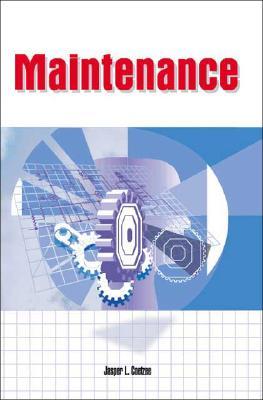Failure is one of the unfortunate facts of life. Whenever man produces equipment or tools to increase his own productivity, he also has to deal with this unwanted side effect. And, although much effort is applied towards improving the reliability of machinery, the ever-increasing sophistication and complexity of these modern technological wonders gives rise to maintenance being one of the fastest growing industries in the world.
Maintenance is surely one of the oldest disciplines known to man. However, the maintenance subject area was until relatively recently thought of as being very basic, needing only the most basic knowledge. Most industrial organizations to some or other extent considered the maintenance department to be a necessary but costly luxury. This view of the maintenance function totally ignores the fact that a properly managed maintenance function creates and maintains high levels of availability, reliability and operability of plant. These high levels translate directly into production capacity, productive output and thus company profit.
In line with the relatively low importance attached to the maintenance function in most industrial organizations, the only educational requirements attached to the posts of maintenance engineers and managers was a degree or diploma in mechanical or electrical engineering. This is of course completely inadequate, as these leaders in one of the most cost intensive industries in the world need to be able to manage the process of failure properly. There is presently a very commendable worldwide drive to improve the education of maintenance personnel. This process is being led by a handful of maintenance academics from all parts of the world. Many of them (including the author) are members of the International Foundation for Research in Maintenance (IFRIM).
As a consequence of this newfound importance regarding the education of maintenance professionals, the theory of maintenance needs to be formalized, such that it can be presented in well-structured maintenance courses. The objective of this book is thus to provide a proper theoretical and practical foundation for the practice of maintenance in the typical industrial organization of our day. A number of such organizations have responded by providing each of their maintenance professionals with a copy of this book as reference work, while it is also used as prescribed work at a number of tertiary institutions as basis of their maintenance studies.
